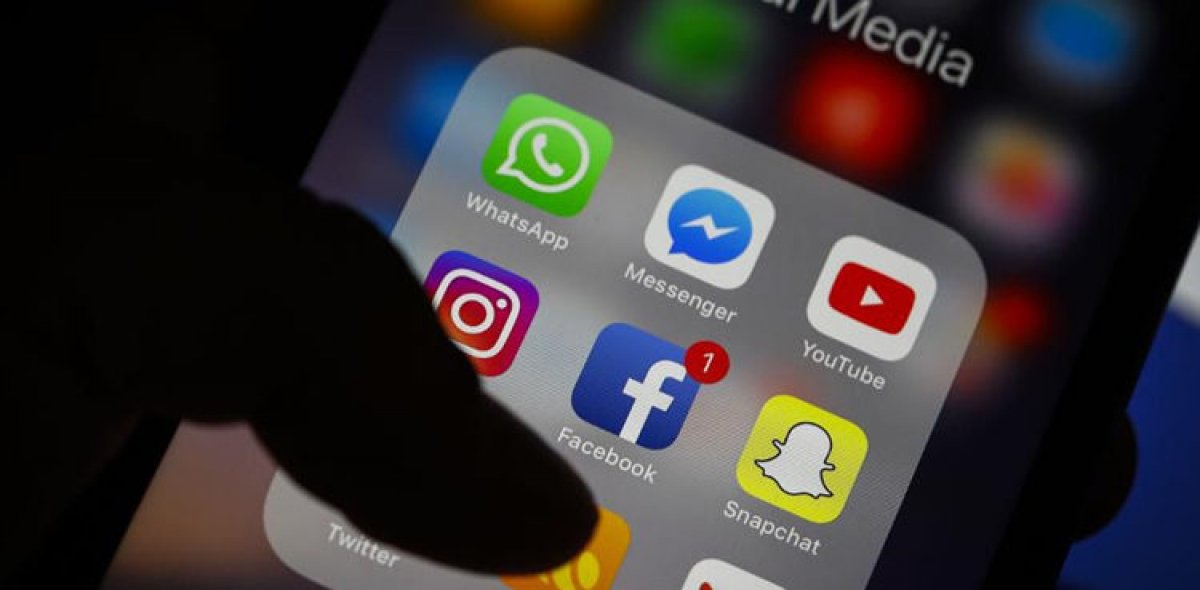This pretend news and the like shortly unfold on social media early in the pandemic. The wave of misinformation was so nice that authorities got here up with a phrase for it: infodemic.
Spreading pretend news is nothing new. Nevertheless, in current years, curiosity in pretend news has elevated sharply in parallel with the rise of social media.
Fake news is assumed to have a damaging impression on people’s behavior. For instance, it’s thought that pretend news could affect people’s willingness to put on masks, get vaccinated, or adjust to different public well being tips. But, surprisingly, virtually no analysis has straight examined this assumption. However in Eire, an Irish web site recruited greater than 4,500 contributors in a web based research via an article and explored responses to a variety of public well being messages and news about the coronavirus outbreak.
FAKE NEWS READ
Every individual was proven 4 actual news and two pretend news about the pandemic. These pretend news have been designed to be similar to the pretend news circulating at the time. It was learn that ingesting espresso can defend towards coronavirus, consuming cayenne pepper can scale back coronavirus signs, pharmaceutical firms are hiding the dangerous unintended effects of a vaccine that’s being developed at the time, and get in touch with tracing functions will quickly be on the market.
After studying the news, it was noticed how doubtless the contributors have been to behave like ingesting extra espresso over the subsequent few months.

CHANGED BEHAVIORS
The analysis discovered that pretend tales modified people’s behavior, however to not an exaggeration. For instance, individuals who have been proven pretend news about privateness issues with the contact tracing app have been 5 % much less prepared to obtain the contact tracing app than those that did not learn this story.
Some contributors developed false reminiscences about the pretend news they learn. For instance, individuals who remembered listening to that the contact monitoring app would violate privateness points have been 7 % much less more likely to obtain the contact monitoring app than individuals who learn the story however did not “keep in mind”.
Such results have been small, however even small results can produce large modifications. False reviews of a hyperlink between the MMR vaccine and autism led to a comparatively small decline (about 10 %) in childhood immunization charges in the early 2000s, ensuing in a big improve in measles circumstances. So, as the research exhibits, small results of faux news can have greater results on people’s well being.

WARNINGS MAY NOT BE EFFECTIVE
Nevertheless, there are some necessary factors to think about. The analysis first measured people’s intentions to do one thing, not what they really did. Intentions do not all the time translate into actions, for instance, take into consideration your previous plans to eat more healthy or train extra. Nevertheless, if individuals do not even intend to change their behavior, they’re much less more likely to act on it, so measuring intentions is a vital first step.
Second, the research relied on individuals studying newly made-up tales solely as soon as. In the actual world, individuals can encounter pretend news many occasions on social media. Repeated publicity to the similar story can improve its correct visibility. Due to this fact, the results of seeing pretend news tales time and again want additional analysis.
In the research, some contributors have been warned that the info was false earlier than they have been randomly despatched to learn pretend news. Surprisingly, studying a warning did not appear to have a lot of an impact on people’s reactions to pretend tales. That’s, whereas the impression of faux news could also be lower than anticipated, the impression of any warning might also be low.
#Fake #news #pandemic #change #peoples #behavior
Dikkat: Sitemiz herkese açık bir platform olduğundan, çox fazla kişi paylaşım yapmaktadır. Sitenizden izinsiz paylaşım yapılması durumunda iletişim bölümünden bildirmeniz yeterlidir.
Supply: https://m.ensonhaber.com/saglik/pandemide-sahte-haberler-insanlarin-davranislarini-degistirebiliyor



